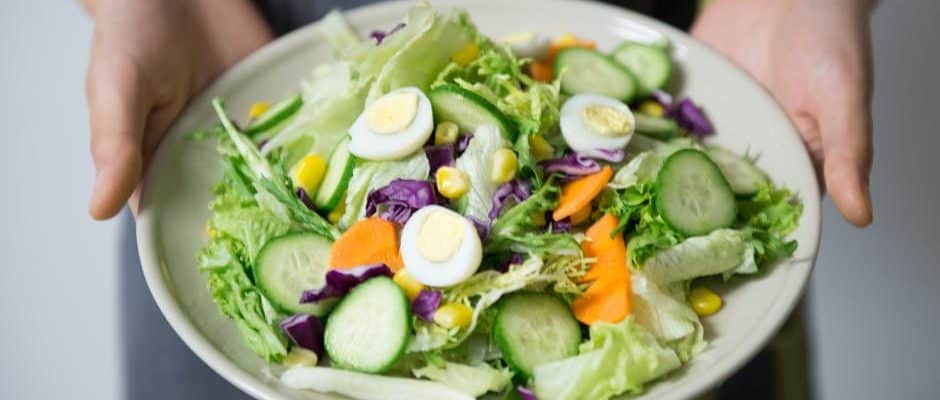
Vitamin K is important for the health of both the pregnant mother and the fetus. Therefore, when pregnant, you should choose foods rich in vitamin K in your daily diet.
Vitamin K is a group of compounds that includes vitamins K1 and K2. Foods such as green vegetables are all excellent sources of vitamin K1, while meat, eggs and cheese are rich in vitamin K2. Vitamin K is essential for the body's functions such as helping to improve blood clots, preventing bleeding, helping to treat osteoporosis and steroid-induced bone loss ...
Vitamin K deficiency is fairly common in adults. People with severe malnutrition or digestive disorders like Crohn's disease and celiac disease (gluten intolerance) are very susceptible to this condition. Additionally, certain medications you take can make it difficult to absorb this nutrient.
Vitamin K during pregnancy
During pregnancy, pregnant mothers need to provide the body with adequate nutrients to ensure their own health and the normal development of the fetus. Therefore, you need to know how much vitamin K you should get enough.
In general, the amount of vitamin K that should be absorbed during pregnancy has not increased significantly. Specifically, every day, the mother's body needs about 90 micrograms. Too much absorption will harm the body.
You need to get enough vitamin K during pregnancy, especially if you are in the late stages of pregnancy. Vitamin K also helps with wound healing. This is especially helpful during labor and delivery.
Vitamin K deficiency during pregnancy can be dangerous for mother and baby as well as can lead to hepatic cholestasis appearing in late pregnancy due to the increased amount of hormones affecting the flow. bile causes bile in the liver to flow into the bloodstream during pregnancy. Instead of being carried back to the intestines, bile acids accumulate under the skin. Common symptoms of this disease are depression, fatigue, loss of appetite, dark urine, itching ... If pregnant mothers have cholestasis in the liver, vitamin K supplementation is very important.
Foods rich in vitamin K
A nutritious diet can provide enough vitamin K for the body. However, to prevent vitamin K deficiency, pregnant mothers should also add the following:
Green vegetables, spinach, kale, cabbage
Yogurt
Cheese
Milk
Meat.
The vitamin K content in these foods will not disappear during processing. Also, if there are any changes to your diet, consult your doctor first.












